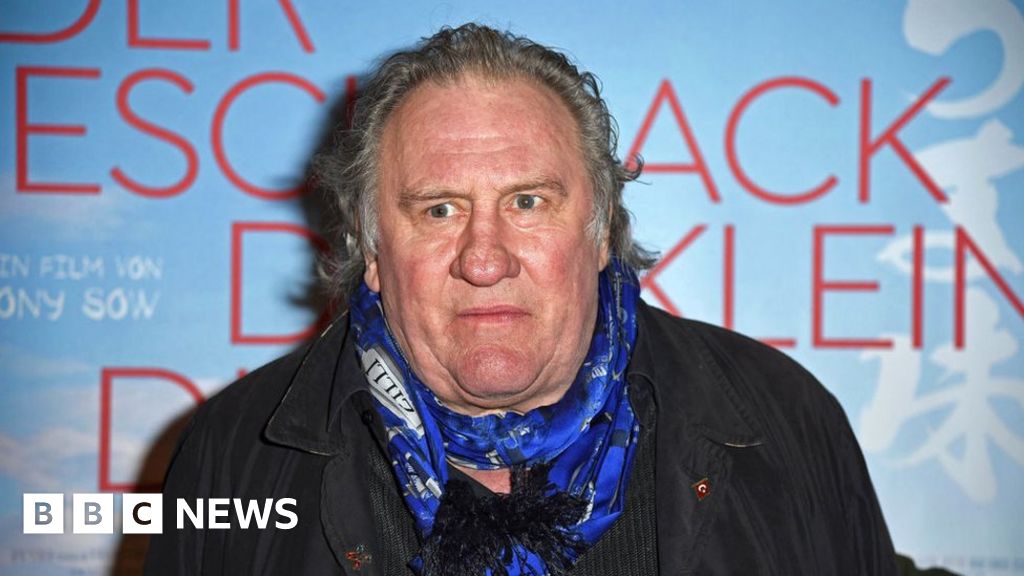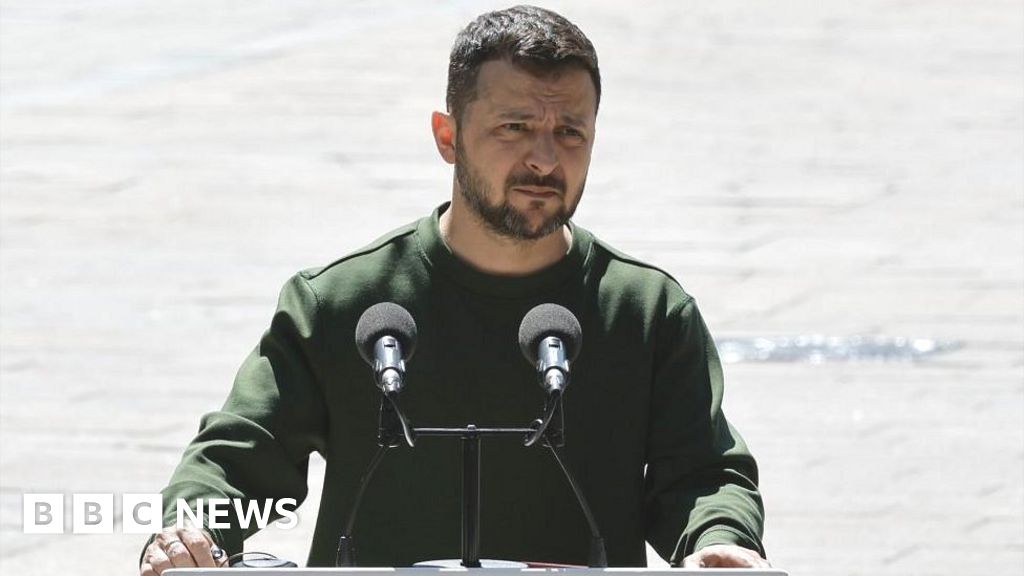Wisconsin voters have approved two statewide referendums that will affect elections in the state. Under the changes, clerks can’t use private grants or donations to help them administer elections, and only election officials designated by law will be able to perform tasks to conduct elections.
While a majority of Wisconsin voters voted in favor of the questions Tuesday night, that might not be the end of the story. Opponents think vague language, especially in the second referendum question, may lead to lawsuits. If that happens, a court could determine the scope of who can be involved in performing election-related activities.
Rick Esenberg, president and chief counsel of the conservative Wisconsin Institute for Law & Liberty, said in a statement Wednesday that the firm has “no plans to bring lawsuits and lawsuits will arise only if a private party seeks to fund the administration of elections or perform a government function with respect to them.”
WILL has initiated lawsuits around Wisconsin election laws before, including over absentee voting rules and voter registration forms.
The referendums approved Tuesday stemmed from Republicans’ scrutiny of “Zuckerbucks,” a term used to describe million of dollars in grants funded by Facebook founder Mark Zuckerberg to help clerks run elections during the pandemic.
While the bulk of the money went to the state’s five largest cities — they lean Democratic, which Republicans argue drummed up turnout — the grants went to more than 200 communities in Wisconsin, including Republican-leaning ones.
More: Wisconsin’s April 2 referendum questions and the ‘Zuckerbucks’ debate, explained
While no groups have announced plans to test the bounds of the new amendments in court, it’s not out of the question.
Here’s what we do and don’t know about the impact of the amendments and how their effects could play out:
When do the Wisconsin referendum changes take effect, and will they be in place for other 2024 elections?
The ban on using private grants to administer elections, and that only election officials designated by law can perform tasks, take effect almost immediately.
Once the results of the April election are certified by the Wisconsin Elections Commission — which has a May 15 deadline — the new parts of the constitution will be in place, according to the nonpartisan Legislative Reference Bureau.
That means restrictions on private grants will be in effect as clerks prepare for the August primary and November general election, plus any special or recall elections that happen before then.
More: What are Wisconsin’s 2024 elections, and when are they? Four dates to put on your calendar.
What will happen to new grants that Milwaukee is receiving for voting equipment, education?
While the grants under question were distributed by the Center for Tech and Civic Life to help clerks as the pandemic began in 2020, the City of Milwaukee recently pursued about $1 million in grants from another organization.
The city has received two grants from Cities Forward, a Washington, D.C., nonprofit whose donors haven’t yet been released. The organization, which has been tax-exempt just since January, hasn’t yet filed documentation with the Internal Revenue Service that shows all of the people involved.
One grant will be used to purchase two high-speed machines known as “tabulators” for counting absentee ballots, 50 ExpressVote machines where voters use a touch screen to mark their ballots, cell phones for staff, security cameras and other equipment. A separate grant would help implement a citywide “civic engagement campaign.”
Milwaukee Election Commission Executive Director Claire Woodall confirmed to the Milwaukee Journal Sentinel on Wednesday that the city has received the grants and will have spent them before the April 2 results are certified and the amendments take effect.
Woodall has also said that, while the first grant falls under election administration, the second is “entirely public education.”
Private election grants are now banned in Wisconsin, but what about donations from individuals?
One concern brought forward by Democrats is that the language in the first question applies to private donations that individuals could make to clerks’ offices, not just larger grants from organizations.
Democratic Sen. Mark Spreitzer of Beloit previously told the Milwaukee Journal Sentinel he spoke with the Legislature’s nonpartisan attorneys, who interpreted the language to broadly cover both donations and grants.
“If I wanted to walk in and make a donation to my local clerk, they wouldn’t be able to accept that,” Spreitzer said.
The State Democracy Research Initiative at the University of Wisconsin-Madison Law School also examined the referendum language and found that Wisconsin didn’t lay out some exceptions that other states have.
“Even states that have restricted the use of private funding or resources have often included exceptions for common donations, such as private spaces for use as polling locations or food and beverages for poll workers,” staff attorney Emily Lau wrote in an analysis of the referendums.
More: Voters will face two referendum questions regarding outside funding of election administration. How to understand these questions
Could there be a lawsuit over who counts as election officials, and what tasks they can perform?
This is one of the major areas of uncertainty, and one that could attract a lawsuit. The Legislature’s nonpartisan attorneys have pointed out that state law already includes what will now be part of the constitution: that only appointed election officials can conduct elections.
But the bigger question is what counts as “conducting” an election. “Any question about what tasks constitute conducting an election, and are therefore limited to election officials, must be resolved by a court,” a Legislative Council attorney wrote in an analysis provided to Spreitzer’s office.
For example, it’s unclear if election-related activities conducted by an organization like the League of Women Voters, which helps register and educate voters, could fall under the change.
Lau, from the State Democracy Research Initiative, wrote that a court could interpret the amendment broadly and exclude people involved with administering elections but aren’t sworn in. That could affect private volunteers or vendors who “may be onsite to troubleshoot technological issues or transport voting equipment,” for example.
Esenberg said WILL “(does) not believe — and said during the campaign — that the amendments preclude government from using vendors to provide materials and services. Any suggestion to the contrary would be nonsense. What government can’t do is outsource the administration of elections.”
On the other hand, a court could find that, because the existing state law and the new amendment are so similar, clerks could still work with outside consultants. At one point, a Dane County Circuit Court determined that nothing in state law prohibited that.
An explanation of the referendums from Democratic Attorney General Josh Kaul also noted that clerks have power under state statutes to designate individuals to carry out election-related tasks. Poll workers take an oath, for example.
“But that power is only statutory, and if the statutes changed, the new constitutional provision would bar clerks from designating individuals to assist with election-related tasks,” Kaul wrote.
So, lawmakers have the ability to return and make changes to that part of state law, possibility affecting how clerks designate individuals to help them administer elections.
Alison Dirr contributed to this story.

Elaine Hadley is a dedicated journalist covering the ever-evolving landscape of U.S. news. With a keen interest in politics and a commitment to uncovering the truth, she provides insightful commentary and in-depth analysis on domestic issues. When not reporting, Elaine enjoys exploring the diverse cultures and landscapes of the United States.







